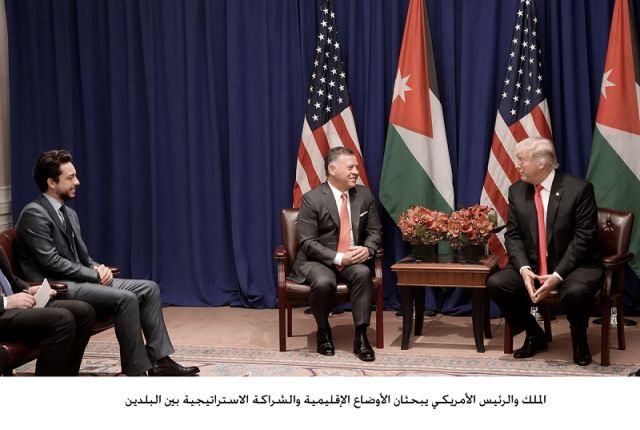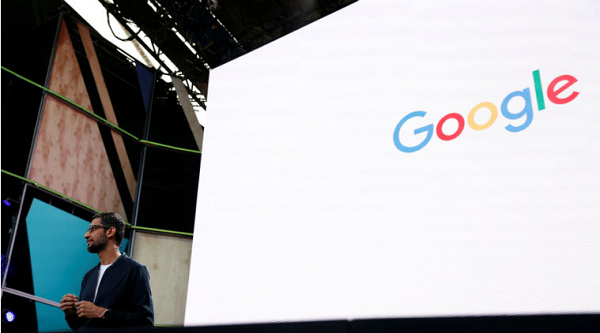
Jordanian King, Trump discuss ties, Mideast issues
 New York : Jordanian King Abdullah II on Wednesday held talks with U.S. President Donald Trump, focusing on efforts to revive the peace process and the overall developments in the Middle East.
New York : Jordanian King Abdullah II on Wednesday held talks with U.S. President Donald Trump, focusing on efforts to revive the peace process and the overall developments in the Middle East.
During the talks, which attended by Crown Prince Prince Al Hussein Bin Abdullah, the two leaders reviewed ways of enhancing cooperation and the strategic partnership between Jordan and the United States in various fields.
They emphasized the importance of boosting bilateral coordination and consultation on various issues. In remarks to reporters, the King thanked the U.S. president for his support to Jordan, offering at the same time his condolences over the victims of the hurricanes that hit the country recently.
The talks stressed on the need to intensify efforts aimed at moving the peace process forward through re-launching serious and effective negotiations between the Palestinians and the Israelis. In this context, the King emphasized the importance of the U.S. role in urging the Israelis to consider such efforts seriously, Petra reported.
On his part, King Abdullah warned that the failure to reach a just and lasting solution to the Palestinian issue based on the two-state solution undermines security and stability in the region and the whole world and fuels violence and extremism in the Middle East.
On the Syrian crisis, the two leaders stressed the need to intensify efforts to find a political solution to the crisis through the Geneva process in a way that preserves Syria’s territorial integrity and the safety of its people.
In the same context, King Abdullah and President Trump underlined the importance of the recent ceasefire agreement in southwestern Syria, which was reached between Jordan, the United States, and Russia. They said the agreement should act as a model that can be applied in other parts of Syria.
The talks also focused on counterterror efforts, stressing the importance of intensifying stepping up such efforts, both regionally and internationally, within a holistic strategy to address this danger, which threatens global peace and security.
“I’m very grateful for your support to our country in these difficult times and the special bond between our two nations.” “Terrorism is a scourge around the world, but I think Jordan will always stand beside you and your country. And we will overcome,” the King said.
From his side, President Trump said: “It’s a great honor to be with the King, who has been our partner and ally for a long time. And I think never has the relationship been better than it is right now.” “We’re working together on many problems and some things that aren’t problems that are very, very good. But we’re going to make some of the bad ones turn out good,” Trump added.
—SM/IINA

